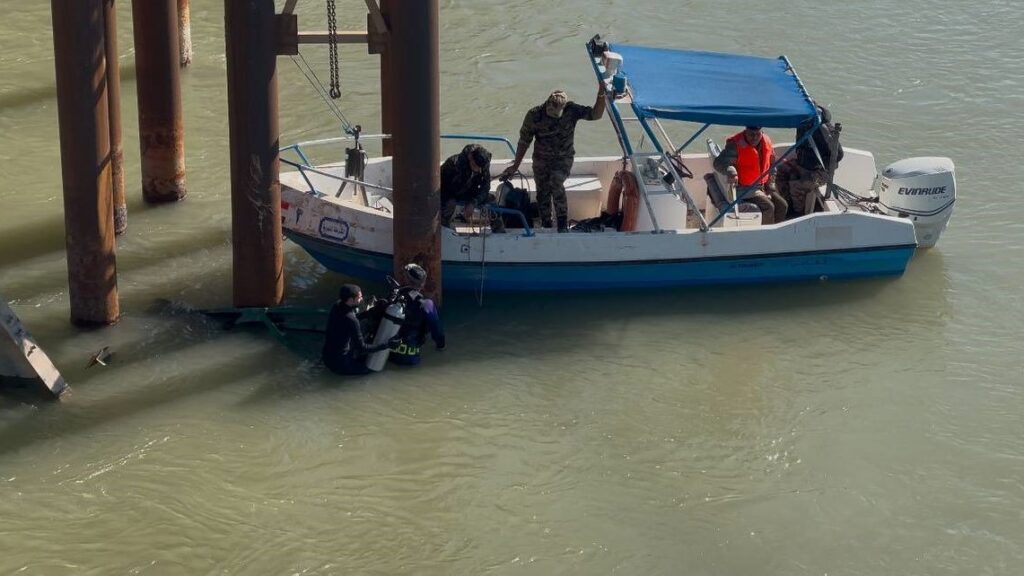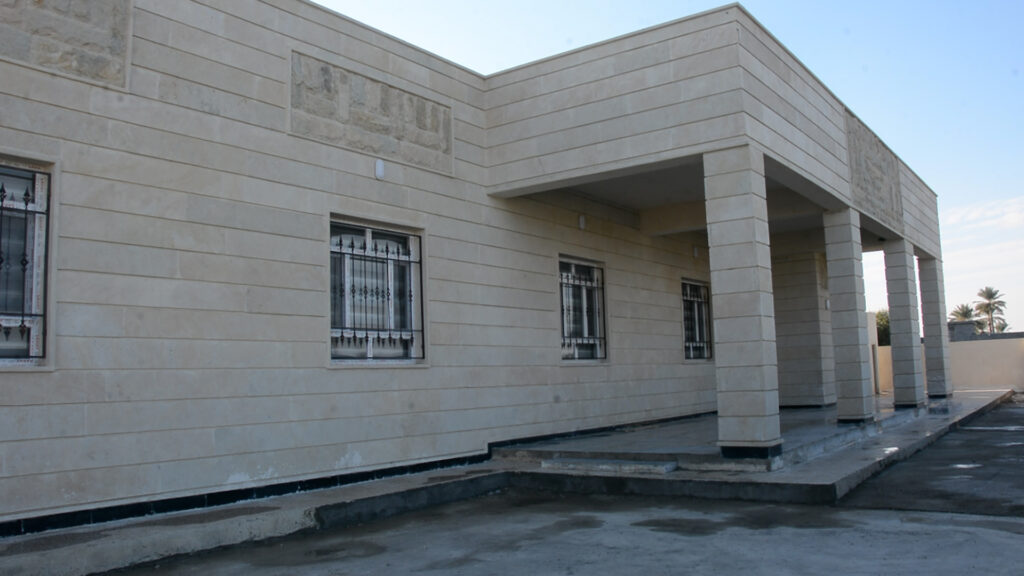Iraq: UNICEF Iraq Monthly Humanitarian Situation Report, April 2019
SITUATION ANALYSIS
In April, heavy rains affected many areas of Iraq, including in Missan, Salah Al-Din and Wassit governorates, damaging key infrastructure and affecting an estimated 273,000 people, of whom around 19,500 were evacuated from their homes. In Missan, most-affected districts were Al Khair, Bani Hashim, Al Euzayer, Ali al Sharqi and Ali al Gharbi where 210,000 people were left without access to clean water. In Salah al Din, floods affected 53,000 people mainly in Shirqat,
Baiji and Samara districts, where many families lost livestock and household items. The majority of displaced people are being hosted in nearby communities with families and friends, spread over different villages. The most-affected areas have inadequate drainage, meaning flood water becomes stagnant and increases risk of waterborne diseases, such as cholera. More information on water-shortage induced displacements can be found here.
Return of around 31,000 Iraqis is expected from the Al Hol camp in Syria in the coming months. The vast majority (around 90 per cent) are women and children who have been identified as experiencing significant protection risks and concerns, as well as health and nutrition needs due to poor living conditions in the Al Hol site, where capacity has been significantly overstretched. An inter-cluster operational response plan has been developed, with the humanitarian community in Iraq advocating for returnees to be accommodated in existing Ninewa IDP camps. UNICEF Iraq preparedness is based on this plan, including support through the Rapid Response Mechanism (RRM) at border crossings, as well as child protection monitoring, nutrition and health screening and education activities. It is anticipated that, once they have returned to Iraq, humanitarian assistance for this group will be needed until at least the end of 2019.
3.3 million # of children in need of humanitarian assistance
6.7 million # of people affected (UNOCHA, 2019 Iraq Humanitarian Needs Overview)
In 2019,5,556 children received specialized child protection services, including reunification or alternative care
In 2019, 360,269 people had access to adequate sanitation through newly-established or maintained latrines
1.66 million # of internally displaced people (IDPs) IOM DTM January 2014 to April 2019
PROGRAMME HIGHLIGHTS
WASH: In April, flooding created need for additional and specific water, sanitation, and hygiene responses. In Missan, UNICEF delivered bottled water, hygiene kits, and WASH facilities (latrines, showers) for around 1,000 individuals (9,870 children). In Salah al Din around 8,334 individuals (3,917 children) were affected near the Tigris, UNICEF and partners distributed bottled water, hygiene kits, and buckets; and in Wassit, following a rapid needs assessment in Sheikh Sa’ad subdistrict, buckets and hygiene kits reached around 600 individuals (300 children). In Sulaymaniyah, which borders Iranian areas that have also seen heavy rain in recent months, UNICEF is working with the governorate’s emergency coordination cell to assess needs at damaged water treatment plants and prepare inventory of needed items for repair. UNICEF continues to support ongoing WASH services in IDP camps across Iraq, with over 600,000 people accessing safe water, and over 360,000 accessing safe latrinessince the start of the year.
Education: In April heavy rains and flood waters damaged schools in Tuz, Salah al Din; UNICEF delivered eight prefabricated classrooms specifically to facilitate a safe space for around 982 children (613 girls) to take end-year exams. In Basrah, UNICEF conducted flood risk assessments for more than 850 schools, of which eight were identified as severely affected and 36 as ‘under threat’, should additional rains come. Work is ongoing to meet needs in these locations. Since the start of the year, 411 teachers (129 females) have completed trainings on delivery of Education in Emergencies (EiE), psychosocial support (PSS) in the classroom, and the life skills curriculum that focuses on developing ’21st century’ skills for children and young people.
Child Protection: In 2019, UNICEF and partners have supported 74,183 children (34,686 girls) to access structured sustained PSS. Specialized services (including reunification, alternative or specialized care) reached 5,556 children (2,482 girls).
UNICEF-supported individual or group PSS sessions to support those at risk, or survivors, of Gender-Based Violence (GBV) have reached 13,585 girls and women. Awareness-raising activities and trainings promoting safer environment for women and girls this year reached 13,356 community members (4,498 women, 4,106 girls). In capacity development interventions 154 government and non- government service providers (54 females) were trained in delivery of specialized GBV services.
Overall 26 reports of grave violations of child rights were recorded between January and April 2019, affecting 34 children (29 boys and 5 sex unknown), of which 21 incidents affecting 30 children were verified. Verified incidents included killing of 18 children and maiming of 8 (all boys) due to varioustypes of explosives.
Health and Nutrition: As of April 2019, UNICEF and partners reported 11,834 children under one year (6,035 girls) vaccinated against measles through routine immunization, with 7,689 children in Anbar, Dahuk, Erbil, Kirkuk, Ninewa and Sulaymaniyah have received Vitamin A supplementation with their routine vaccination. Since the start of 2019, 191 cases of Severe Acute Malnourishment (SAM) have been treated in IDP camps in Anbar, Dahuk, Erbil, Kirkuk, Ninewa and Sulaymaniyah. In addition, 2,471 pregnant women and new mothers in IDP camps participated in sessions on Infant and Young Child Feeding (IYCF) practices and health promotion in 2019.
Rapid Response Mechanism (RRM): In case of return of Iraqis from Syria, the RRM Consortium will deliver critical assistance at the border-crossing. RRM supplies have been prepositioned in Dahuk, with more supplies available in Erbil warehouses.



